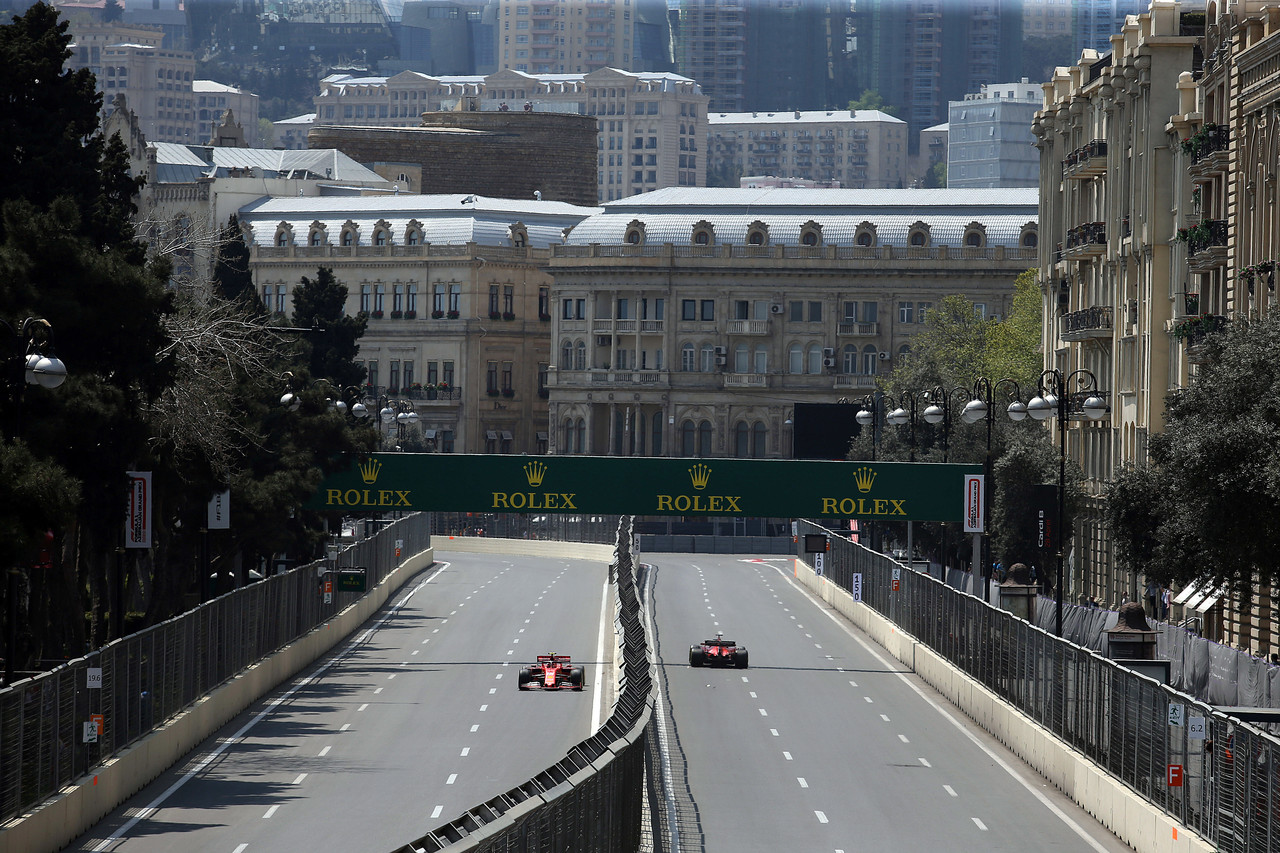By R.Ravichandran
KUALA LUMPUR, April 8 (NNN-BERNAMA) — Like many other countries putting in place various measures to contain the spread of COVID-19, Azerbaijan, too, have undertaken serious measures, including the setting up of a Task Force under the Cabinet of Ministers which operates on a round-the-clock basis, managing the activities of all government agencies, and monitors and coordinates work related to the disease.
Azerbaijan’s Ambassador to Malaysia Professor Dr Qaley Allahverdiyev, in sharing his country’s experience with Bernama, said the Task Force was established on January 24 when the global problem was at an early stage, under the order of President Ilham Aliyev who instructed all governmental institutions to deal with this unprecedented challenge.
To raise public awareness on the prevention of the spread of coronavirus infection in the country, the Task Force launched a www.koronavirusinfo.az information portal where the website features verified general data about COVID-19, the current situation in the world, the measures taken in Azerbaijan to fight the virus and other prompt information. The citizens may also get answers to their questions in an interactive way by accessing the portal.
On March 7, the Cabinet of Ministers issued an order to suspend educational processes and other related activities in all educational institutions across the country till March 27, which was later extended to April 20.
Azerbaijan also launched a wide range of restrictions and measures on social isolation in order to prevent the pandemic by banning weddings, mourning ceremonies and other mass gatherings, activities of cultural facilities, theatres, museums, cinemas, entertainment centres, sports centres and other related institutions including specific guidelines for cafes, restaurants, shops, malls and public transportation.
Allahverdiyev said President Aliyev also ordered on March 19 the establishment of the Fund to Support Fight Against COVID-19, and the following day the president allocated an initial fund of 20 million AZN (US$11.8 million) to the Fund and he also donated his annual salary to the fund.
Besides that, President Aliyev ordered the allocation of 1 billion AZN (US$588.2 million), from the state budget to the Cabinet of Ministers for the financing of measures on reducing the negative impact on business entities and establish a Working Group under the Minister of Finance to develop appropriate proposals for government’s support to businesses that are likely to suffer from the pandemic.
On Monday (Apr 6), the president, considering current situation, announced an additional 1.5 billion AZN (about US$882 million) to support the economic stability of the republic of some 10.1 million people.
Allahverdiyev further said that the front-liners who put their lives on the line in providing care for patients also get additional support following the President’s order on March 18 stating the salaries of healthcare workers in state medical institutions related to fighting COVID-19 has been increased from three to five-fold.
As of April 7, Azerbaijan confirmed 717 cases of coronavirus infections with the number of fully recovered patients standing at 44, while the death toll is eight.
Allahverdiyev said that since elderly people are especially vulnerable to COVID-19, President Aliyev had strongly emphasised that besides strict governmental policies, every citizen is expected to realise their responsibility and to pay special attention to the older generation.
“As the President states, elderly people have always enjoyed great respect in Azerbaijani society. Our traditions, national values, respect and attention to representatives of the older generation are our national feature. We proudly protect these values,” said Allahverdiyev.
On the cooperation at international front, he said Azerbaijan strongly believes in working closely with the international community and on March 7 the Azerbaijani government decided to allocate US$5 million in voluntary financial aid to the “COVID-19 appeal” fund as part of the Strategic Preparedness and Response Plan (SPRP) of the World Health Organisation (WHO).
“Itis very clear that today our world is much smaller than in the past. So, it would be too much luxury, if any of us avoids participating in this serious struggle against COVID-19. Today we need more coordination, more solidarity and more cooperation. We can’t let this challenge erode trust between countries,” said the ambassador, who is also the Dean of Diplomatic Corps in Malaysia.
Allahverdiyev said that history taught human being that when they face these kinds of global challenges, modern technology or medicine may not be enough to tackle all the problems completely.
“To stand firmly against all hardships, you will need to have some spiritual characteristics too. In other words, being mentally and psychologically strong mainly comes from our cultures, traditions and experience of many years,”said Allahverdiyev.
— NNN-BERNAMA






